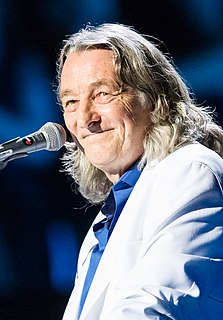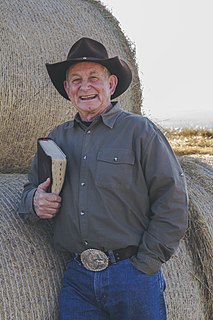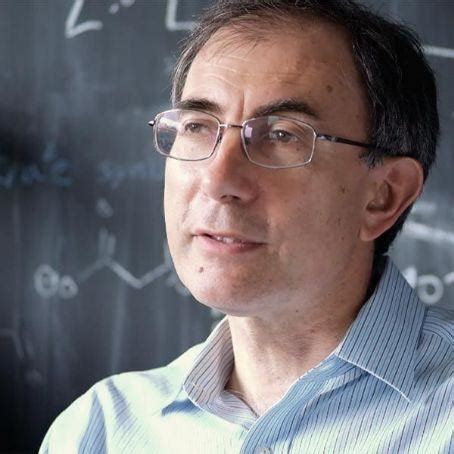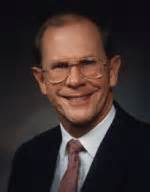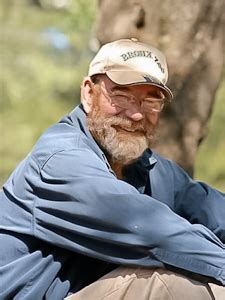A Quote by Yotam Ottolenghi
It is more than twenty years since we left the city. This is a serious chunk of time, longer than the years we spent living there. Yet we still think of Jerusalem as our home. Not home in the sense of the place that you conduct your daily life or constantly return to. In fact, Jerusalem is our home almost against our wills. It is our home because it defines us, whether we like it or not.
Related Quotes
Take the Long Way Home is a song that I wrote that's on two levels - on one level I'm talking about not wanting to go home to the wife, 'take the long way home' because she treats you like part of the furniture. But there's a deeper level to the song, too. I really believe we all want to find our true home, find that place in us where we feel at home, and to me, home is in the heart. When we’re in touch with our heart and we're living our life from our heart, then we do feel like we found our home.
For all its rooted loveliness, the world has no continuing city here; it is an outlandish place, a foreign home, a session in via to a better version of itself-and it is our glory to see it so and to thirst until Jerusalem comes home at last. We were given appetites, not to consume the world and forget it, but to taste its goodness and hunger to make it great.
I believe that family is closer to God's heart than anything else, the support system he has given us to build us up in faith, and to support us when we falter. If we want our family lives to conform to God's will, Jesus must be our priority, our focal point, in our home as well as in our ministries.
That doesn't mean that it's always easy to live together: home can be the hardest place to live a Christian life. That's were people see us when we're tired and our defences are down.
Home is the place you return to when you have finally lost your soul. Home is the place where life is born, not the place of your birth, but the place where you seek rebirth. When you no longer have to remember which tale of your own past is true and which is an invention, when you know that you are an invention, then is the time to seek out your home. Perhaps only when you have come to understand that can you finally reach home.
When dams were erected on the Columbia, salmon battered themselves against the concrete, trying to return home. I expect no less from us. We too must hurl ourselves against and through the literal and metaphorical concrete that contains and constrains us, that keeps us from talking about what is most important to us, that keeps us from living the way our bones know we can, that bars us from our home. It only takes one person to bring down a dam.
Home is a blueprint of memory...Finding home is crucial to the act of writing. Begin here. With what you know. With the tales you've told dozens of times...with the map you've already made in your heart. That's where the real home is: inside. If we carry that home with us all the time, we'll be able to take more risks. We can leave on wild excursions, knowing we'll return home.
I truly believe that to stay home, to learn the names of things, to realize who we live among . . . then I believe a politics of place emerges where we are deeply accountable to our communities, to our neighborhoods, to our home . . . If we are not rooted deeply in place, making that commitment to dig in and stay put . . . then I think we are living a life without specificity, and then our lives become abstractions. Then we enter a place of true desolation.
Why do we so mindlessly abuse our planet, our only home? The answer to that lies in each of us. Therefore, we will strive to bring about understanding that we are--each one of us--responsible for more than just ourselves, our family, our football team, our country, or our own kind; that there is more to life than just these things. That each one of us must also bring the natural world back into its proper place in our lives, and realize that doing so is not some lofty ideal but a vital part of our personal survival.
All of us remember the home of our childhood. Interestingly, our thoughts do not dwell on whether the house was large or small, the neighborhood fashionable or downtrodden. Rather, we delight in the experiences we shared as a family. The home is the laboratory of our lives, and what we learn there largely determines what we do when we leave there.

